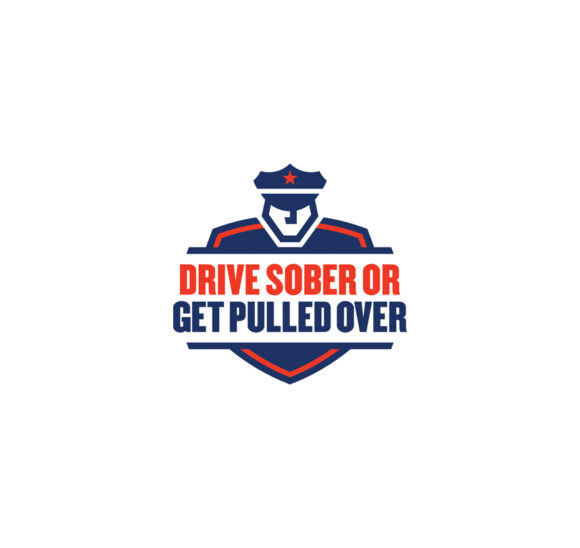Summer is almost here, and as one of the world’s most popular vacation destinations, Florida will experience a predicable jump in the number of cars on the roadways. The Florida Department of Transportation (FDOT) and the Florida Department of Highway Safety and Motor Vehicles (FLHSMV) observe Safe Summer Travel Month throughout June and urge motorists to take care while traveling during the upcoming summer months.
Here are some tips to help you and your passengers stay safe while roadway activity increases this summer.
Beware of the Heat
The internal temperature of a vehicle parked outside in the summer can rise 20 degrees within 10 minutes. These temperatures can be dangerous and even life-threatening. Never leave children, vulnerable adults, or pets in a parked car. In fact, it’s a good idea to get in the habit of always checking your back seat for passengers before leaving your vehicle. If you happen to come across a child, vulnerable person, or pet in an unattended parked car, call 911.
Keep Your Vehicle Road Ready
It’s important to keep up with your vehicle’s maintenance year-round, but during the summer there are several components that require special attention:
- Windshield wipers can deteriorate more quickly in the sun, so check them often. If wipers are noisy or leave streaks, it’s time to replace them.
- Headlights can be damaged by the sun, making them yellow and cloudy. Consider changing them for safe travel and better visibility.
- Under-inflated tires are susceptible to overheating, so make sure to keep them at the pressure recommended by your car or tire manufacturer. Florida’s summer rains can make roadways slick, so inspect tires regularly for wear and damage.
Prepare in Advance for Longer Road Trips
If you’re planning a significant road trip, your checklist is longer to ensure your vehicle is road-trip ready. Have a mechanic inspect your battery and belts and test your brake lights, turn signals, interior lights, and emergency flashers. Ask for a topping-off of coolant, oil, windshield washer fluid, transmission fluid, and power steering fluid.
Always travel with an emergency roadside kit in your vehicle. Here are some items the National Highway Traffic Safety Association (NHTSA) suggests you include in your kit.
- Cell phone and charger.
- First-aid kit.
- Flashlight.
- Flares and a white flag.
- Jumper cables.
- Tire pressure gauge.
- Jack and ground mat for changing a tire.
- Work gloves and a change of clothes.
- Basic repair tools and some duct tape (for temporarily repairing a hose leak).
- Water and paper towels for cleaning up.
- Nonperishable food, drinking water, and medicines.
- Extra windshield washer fluid.
- Maps.
- Blankets and towels.
Have a plan in place before you get behind the wheel. Check the weather forecast, get familiar with your route, and determine where you will take breaks. Driving while tired can be just as dangerous as drinking and driving.
Buckle Up, Drive Sober, and Obey Speed Limits
- Wear your seat belt. It’s the law in Florida. The lap belt should sit around your hips and the shoulder belt across your chest.
- Do not drive under the influence. Impaired driving is unsafe, illegal, and has serious consequences. It puts everyone at risk and can result in expensive fines, license revocation, jail time, injury, property damage, and death. A conviction for driving under the influence of drugs and/or alcohol can remain on your record for 75 years.
- Speeding is dangerous and against the law. Keep you and those around you safe by following all posted speed limits. It is your responsibility to know the speed limit, no excuses.
For more information on safe summer travel, visit flhsmv.gov/safety-center/driving-safety/safe-summer-travel/.



 December Marks National Impaired Driving Prevention Month
December Marks National Impaired Driving Prevention Month Cold Weather Brings Unique Construction Challenges
Cold Weather Brings Unique Construction Challenges What’s Next for the New Loop Ramp on Apopka-Vineland Road
What’s Next for the New Loop Ramp on Apopka-Vineland Road ‘Tis Always the Season to Buckle Up!
‘Tis Always the Season to Buckle Up!